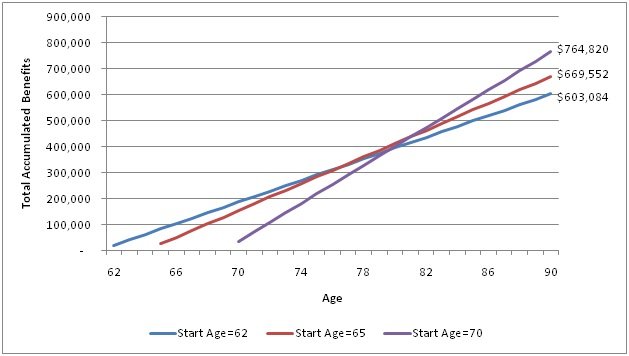Richard8655
Recycles dryer sheets
- Joined
- Oct 11, 2010
- Messages
- 114
Hi All,
I'm a bit confused about social security scenarios and can't figure it out from their website. Requesting advice from members here who may know.
Scenario #1. I retire from my career job at age 60 (now). My spouse is non-working and entitled to 50% of my SS benefit. She applies for SS when she reaches age 62, but I wait for my full benefit until 66. Does my spouse receive 50% of my estimated age 62 or age 66 benefit?
Scenario #2: I retire from my career job at age 60 (now). Both non-working spouse and I apply for early SS when we each turn 62 (about the same time). I know I will receive reduced SS because of early retirement. Does my spouse receive 50% of my age 62 reduced benefit or 50% of estimated age 65 full benefit?
Any thoughts much appreciated.
(By the way, I've read that a good SS strategy in a situation like this is for the non-working spouse to take early SS at 62, and the career working spouse wait until 66 for full benefit.)
I'm a bit confused about social security scenarios and can't figure it out from their website. Requesting advice from members here who may know.
Scenario #1. I retire from my career job at age 60 (now). My spouse is non-working and entitled to 50% of my SS benefit. She applies for SS when she reaches age 62, but I wait for my full benefit until 66. Does my spouse receive 50% of my estimated age 62 or age 66 benefit?
Scenario #2: I retire from my career job at age 60 (now). Both non-working spouse and I apply for early SS when we each turn 62 (about the same time). I know I will receive reduced SS because of early retirement. Does my spouse receive 50% of my age 62 reduced benefit or 50% of estimated age 65 full benefit?
Any thoughts much appreciated.
(By the way, I've read that a good SS strategy in a situation like this is for the non-working spouse to take early SS at 62, and the career working spouse wait until 66 for full benefit.)
Last edited:

